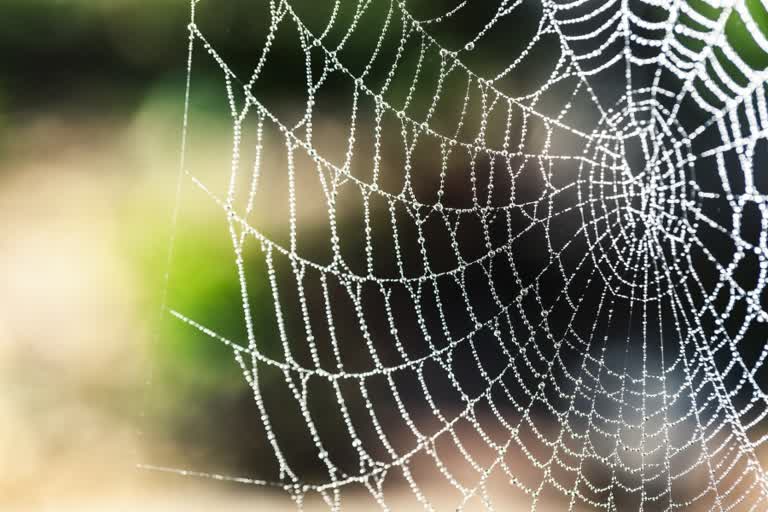London: Researchers have created a plant-based, sustainable, scalable material that could replace single-use plastics in many consumer products.
The researchers, from the University of Cambridge in the UK, created a polymer film by mimicking the properties of spider silk, one of the strongest materials in nature.
The new material is as strong as many common plastics in use today and could replace plastic in many common household products.
The material was created using a new approach for assembling plant proteins into materials that mimic silk on a molecular level.
The energy-efficient method, which uses sustainable ingredients, results in a plastic-like free-standing film, which can be made at an industrial scale.
Non-fading 'structural' colour can be added to the polymer, and it can also be used to make water-resistant coatings.
The material is home compostable, whereas other types of bioplastics require industrial composting facilities to degrade. In addition, the material requires no chemical modifications to its natural building blocks, so that it can safely degrade in most natural environments, said, researchers.
The results are reported in the journal Nature Communications.
As part of his protein research on Alzheimer's disease, Professor Tuomas Knowles in Cambridge's Yusuf Hamied Department of Chemistry and his team became interested in why materials like spider silk are so strong when they have such weak molecular bonds.
"We found that one of the key features that give spider silk its strength is the hydrogen bonds are arranged regularly in space and at a very high density," said Knowles.
The researchers successfully replicated the structures found on spider silk by using soy protein isolate (SPI), a protein with a completely different composition.
The new technique uses an environmentally friendly mixture of acetic acid and water, combined with ultrasonication and high temperatures, to improve the solubility of the SPI.
This method produces protein structures with enhanced intermolecular interactions guided by hydrogen bond formation. In a second step, the solvent is removed, which results in a water-insoluble film.
Also Read: Technology that uses human body as medium to power wearable devices
(Inputs from IANS)



